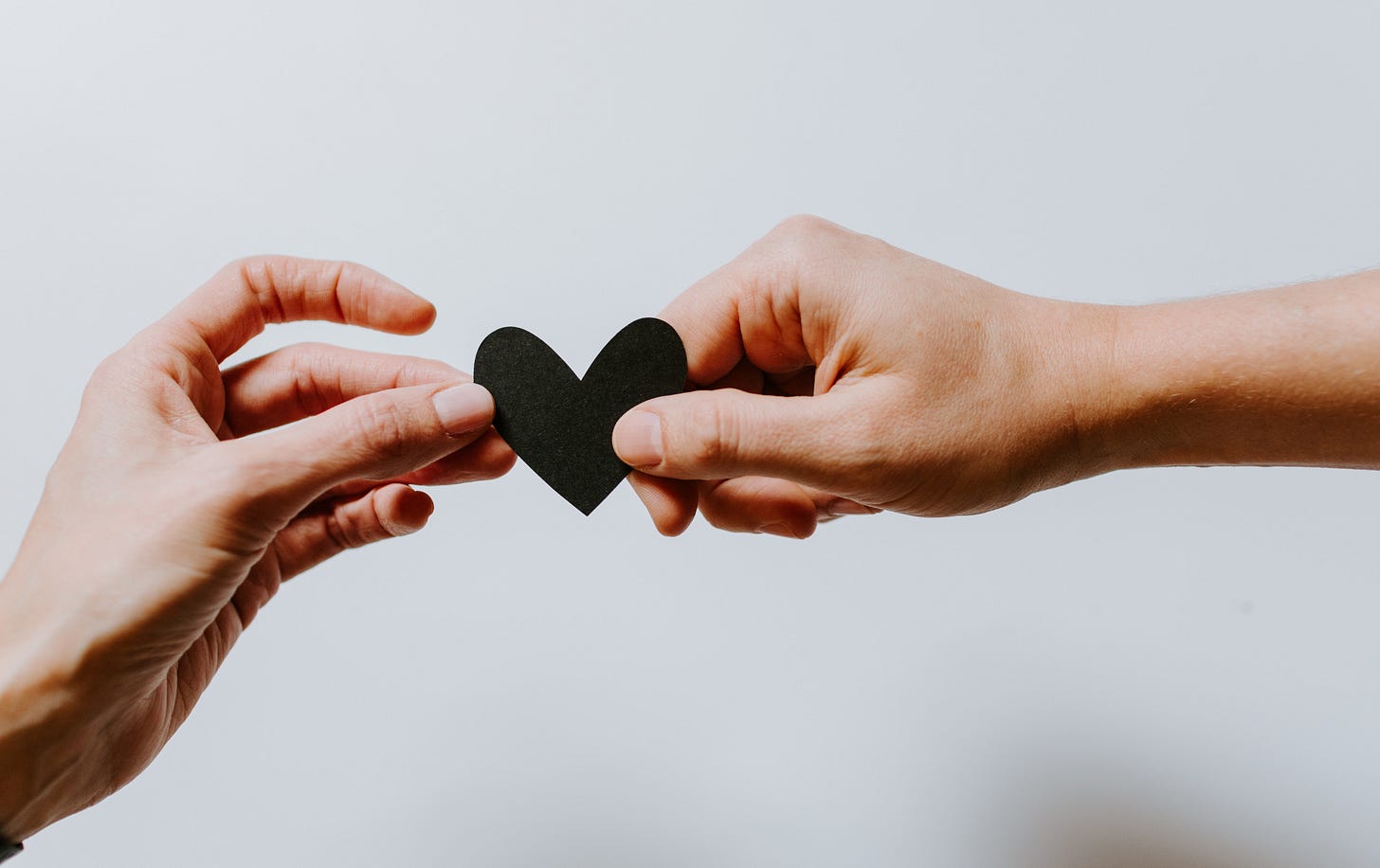Getting better, getting worse
After just two rounds of active treatment, Dad was so sick from side effects he was removed from the clinical trial we’d hoped would answer our prayers.
Guiding someone to places you’ve never been is kind of like finding a new location without Google Maps or a map at all, instead choosing directions willy-nilly based on street names and your gut. Questions like ‘what would I do?’ and ‘what would I want?’ were on high rotation in my head, even though I knew they were near-impossible to answer on behalf of someone facing their mortality.
Conventional treatment clearly wasn’t working for Dad, even though the chemotherapy and immunotherapy was effective in shrinking the tumours. Did that buy us more time? Probably. But was it worth it, and if given the chance, would he choose the same again?
“Probably not, no. I’d just party…” he tells me, both of us giggling at the half-truth.
“I felt like a little green man sitting in the corner, like I had nothing to say or contribute. It very quickly became clear it [treatment] was highly toxic to me and not something I wanted to keep doing.”
So, after a fast and furious foray into active treatment, including some ineffective radiation to shrink tumours near his ribcage, Dad decided to cease treatment altogether. But the residual effects would last far beyond the final bag of cancer-fighting drugs being hung. Some will last for the rest of his life – with his gut never the same, and neuropathy (nerve damage) that went from the feeling of walking on sponges to walking on scourers.
Watching him go through treatment wasn’t the incessant throwing up we see in Hollywood movies, but a rapid deconstruction of the very essence of his wellbeing, leaving him with a fragility I’d never seen before in my 100+kg, six-foot-three Dad. As his advocate, my job was to guide him through our fragmented healthcare system, where I quickly realised we are still treating the disease rather than the person (and in Dad’s case, doing a poor job of it at that).
Hardcopy letters confirming appointments would arrive in the post sometimes, sometimes not. When they wouldn’t, there was no chance of getting through to the clinic’s phone to confirm, as though it was entirely unmanned. We’d wait hours in clinic, sometimes to be told the doctor had left for the day, reasons unknown and uncommunicated. When we did see a doctor, most often it was a completely green registrar on their oncology rotation with little or no mesothelioma experience, or a cranky, overworked and over-it dinosaur who hadn’t had the time, bandwidth or bother to get across the very basics of Dad’s case.
There was little oversight, monitoring or observations, and almost no consistency of care. On a few rare occasions, we left feeling like we were in good hands, but most often we left feeling like we were on our own. Once, after a blood test, Dad stood to leave the clinic and felt his tested arm go hot and sticky. With blood gushing from the testing site down his forearm and through his fingers onto the hospital floor, and even though a nurse had left him mere moments ago, he was directed to the back of a queue of a dozen people to be triaged again, in discomfort and disbelief.
So, for the next two years, we did the best we could and muddled through. Here’s how:
We used the public hospital system respiratory and oncology clinics for macro oversight of how Dad’s cancer was tracking, data-stitching ourselves to make sense of the disease progression by comparing scans and reports to paint a picture before asking questions of the experts.
We cultivated a relationship with a good GP with palliative care training to take on the micro side of things: prescribing, managing any synchronous or simultaneous conditions as well as being a more frequent touchpoint of care within the community.
We engaged a doula to deliver spiritual and administrative guidance. She also happened to be a nurse with 25 years’ palliative care experience which thrilled the science-loving, anti-woo-ist in me, giving us someone to call to thrash out anything that came our way.
We connected with a local asbestos-related disease support group for additional support and to provide guidance informed by lived-experience that has been invaluable.
So… what would we do differently if we had our time again? I’d have pushed for immunotherapy only, which is kind of like training your own immune system to be an attack dog for cancer cells. Chemotherapy is a vital tool in the cancer toolkit, but it’s the medical equivalent of weed killer – killing everything in its path whether good (healthy cells) or bad (cancer cells). And seeing what it did to Dad, encouraging it under the guise of ‘let’s hit it once and hit it hard’ is one of my biggest regrets.
And for Dad? He doesn’t know what he’d do differently, but what he did do was make changes to what he ate (less sugar and junk) and drank (no coffee and less booze). And as he slowly recovered from treatment, we were gifted two precious years where Dad was happy, healthy(ish) and here – time we’ll be forever grateful for.
Until eventually, the disease caught up.
Next Of Kin is written by health journalist Casey Beros and her Dad, Jack Wilde, to create a space where patients and carers can become better Next Of Kin for each other and the world at large. If you know someone who would benefit from following our journey, please send this onto them. You can follow Casey on Instagram here and find out more about her work here.



